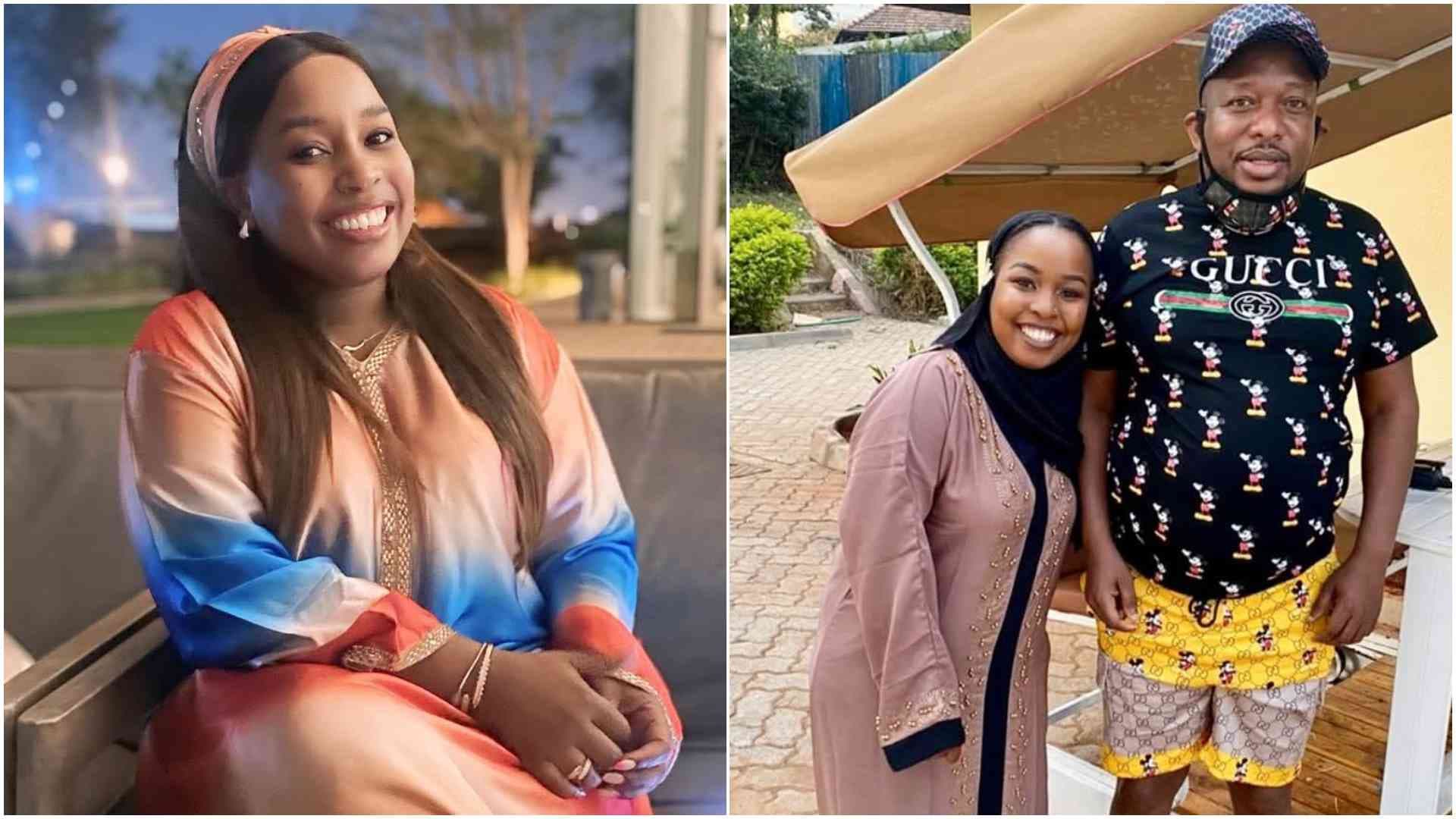We're loading the full news article for you. This includes the article content, images, author information, and related articles.
The former Nairobi governor's public disclosure at a journalist's funeral has ignited a national debate on mental health privacy and stigma, drawing a pained response from his daughter who says the comments “cut deeply.”

NAIROBI, KENYA – Saumu Mbuvi, a prominent mental health advocate and daughter of former Nairobi Governor Mike Sonko, issued a powerful public statement on Thursday, 30 October 2025, expressing deep hurt over her father’s unsolicited disclosure of her bipolar disorder. The incident, which has since sparked a nationwide conversation on privacy and the complexities of mental health stigma in Kenya, occurred during the funeral of a well-known journalist, thrusting a private family struggle into the public spotlight.
In an emotional social media post, Ms. Mbuvi confirmed her long-standing battle with the condition but corrected the narrative presented by her father. “Yes, I've battled bipolar disorder, a condition that has tested me in ways words can hardly explain,” she wrote. “But what I have never battled is drug addiction. I was never in rehab for that. I sought help for my mental health, not because I was lost in addiction, but because I was fighting to find myself again.”
She directly addressed the pain caused by the public revelation from a close family member, stating, “It hurts to be shamed for trying to heal. It hurts even more when that shame comes from your own blood.”
The controversy began on Wednesday, 29 October 2025, during the burial of the late journalist Kimani Mbugua in Maragua, Murang’a County. Mr. Mbugua himself had a publicly documented history of mental health challenges, and his recent death by suicide reignited national dialogue on the issue.
In his address to the mourners, Mr. Sonko revealed his daughter’s diagnosis, framing it as an attempt to destigmatize the illness and show that it affects people from all walks of life. “The rich also cry, we also suffer in silence,” he stated. “To show Kimani Mbugua, Conjestina Achieng, and others that this disease of bipolar and mental illness comes from God, my own daughter Saumu Mbuvi is suffering from the same condition.”
Sonko added that he had chosen to have his daughter treated at a local facility in Mombasa alongside Mr. Mbugua and former boxer Conjestina Achieng, despite having the financial means for overseas treatment, to show solidarity.
While Mr. Sonko’s stated intention may have been to foster empathy, the disclosure without his daughter's consent drew widespread criticism online, with many Kenyans questioning the ethics of revealing such personal information. Ms. Mbuvi’s subsequent response has been widely praised for its grace and for redirecting the conversation towards the importance of agency and respect for individuals on their healing journeys.
For years, Ms. Mbuvi has been a vocal advocate for mental wellness, founding the ‘Pamoja We Can’ initiative and openly sharing her experiences to combat stigma. In a 2021 interview, she detailed her diagnosis and the personal triggers that affected her condition, establishing a public platform on her own terms. Her recent statement builds on this advocacy, emphasizing that her story is one of “survival, courage, and faith,” not shame.
The incident highlights the deep-seated stigma surrounding mental health in Kenya, where conditions are often misunderstood and linked to cultural taboos or perceived personal failings. According to mental health professionals, such stigma is a major barrier preventing individuals from seeking timely care. While advocacy from public figures has helped advance the conversation, this high-profile family matter underscores the delicate balance between public awareness and an individual's right to privacy.
In her closing remarks, Ms. Mbuvi offered a message of solidarity to others facing similar judgment: “To anyone who has ever been mocked for their mental health journey or judged for needing help: please know, you are not broken. You are human. You are worthy of understanding and love... I may be bruised, but I am not destroyed.”
Keep the conversation in one place—threads here stay linked to the story and in the forums.
Sign in to start a discussion
Start a conversation about this story and keep it linked here.
Other hot threads
E-sports and Gaming Community in Kenya
Active 9 months ago
The Role of Technology in Modern Agriculture (AgriTech)
Active 9 months ago
Popular Recreational Activities Across Counties
Active 9 months ago
Investing in Youth Sports Development Programs
Active 9 months ago